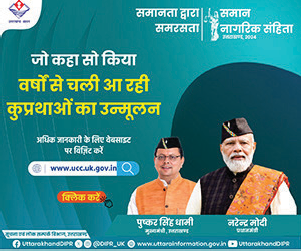Mumbai – In a disturbing case of online financial fraud, a 29-year-old manager from Andheri working with a multinational company lost a staggering ₹32 lakh after being lured into a fake cryptocurrency investment scheme. The scam was initiated through a matrimonial website where the victim had registered earlier this year in search of a life partner.
According to cyber police officials, the victim first came into contact with a woman claiming to be Mahi Agarwal on April 21. Presenting herself as a cryptocurrency investor employed with a Malaysian firm named "Boost Base", Agarwal impressed the victim by stating she drew a six-figure salary and belonged to the same community and state as him – factors that gained his trust.
What began as a prospective matrimonial conversation quickly turned into discussions about cryptocurrency investments. Agarwal persuaded the victim to open an account on the cryptocurrency exchange KuCoin and download the Boost Base app, allegedly linked to her company.
Between April and May 2025, the victim made several transfers, totaling nearly ₹33 lakh, into what appeared to be his investment account. However, on May 18, when he attempted to withdraw the funds displayed in the app, he found his access blocked. His account had been locked, and all communication with Agarwal ceased – confirming his worst fears of being duped.
The victim immediately approached the Mumbai Cyber Crime Police (West Division), who have since filed a case under Section 66(D) of the Information Technology Act. Additionally, charges have been invoked under the newly introduced Bharatiya Nyaya Sanhita (BNS) including Sections 318(4), 319(2), 336(2), 336(3), 338, 340(2), and 61(2).
This case is part of a growing trend of cyber fraud involving social platforms. In a separate but similar case, a 44-year-old man from Chandivali lost ₹40 lakh over a span of 19 days after being contacted by a woman named Priya Kumari through Facebook, who posed as a fashion designer. After luring him to WhatsApp and offering stock market tips, another accomplice, Ritika Sharma, added him to a Telegram group for so-called investment guidance – which turned out to be fraudulent.
Cyber authorities are now issuing fresh warnings to the public about the risks of engaging in financial discussions with unknown individuals met through matrimonial, social media, or messaging platforms. Investigations into both scams are ongoing.




 Previous
Article
Previous
Article











